'Never Seen Such Barbarity': The Grim Task Of Israel's Forensics Teams
The stench of death is overwhelming in Israel's National Center of Forensic Medicine, where experts have been trying to identify the remains of hundreds of people slain in the Hamas attacks.
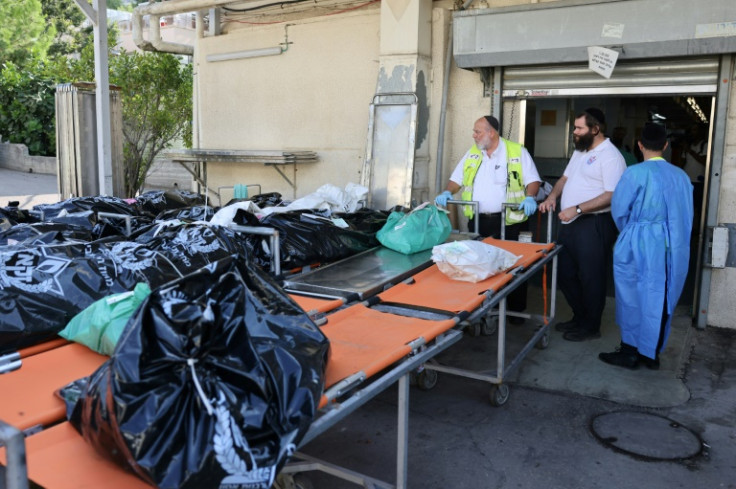
The stench of death is overwhelming in Israel's National Center of Forensic Medicine, where experts have been trying to identify the remains of hundreds of people slain in the Hamas attacks.
Most of the bodies are riddled with bullets, mutilated or charred beyond recognition, say those performing the harrowing examinations.
Medical experts in pale green scrubs carefully study the remains and use DNA samples, fingerprints and dental records to try to identify the victims.
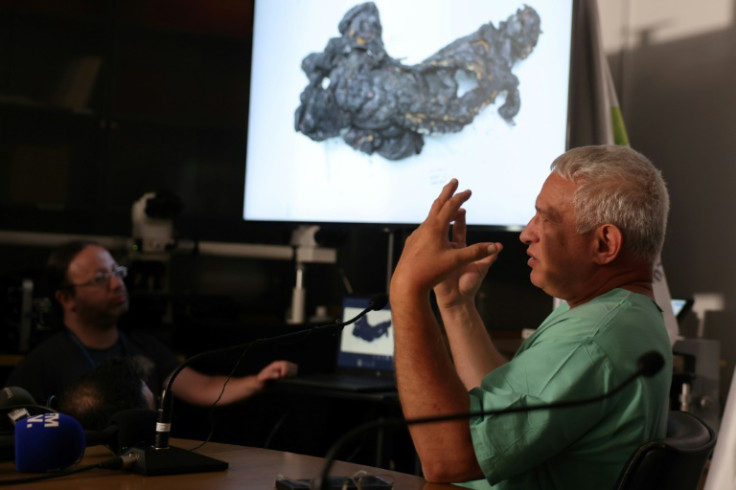
In some cases, they attempt to piece together severed body parts like macabre puzzles.
"We decided to show this horror because there are people who accuse us of lying, of telling stories and of actually showing dog bones," said the centre's director Hen Kugel, who was reduced to tears.
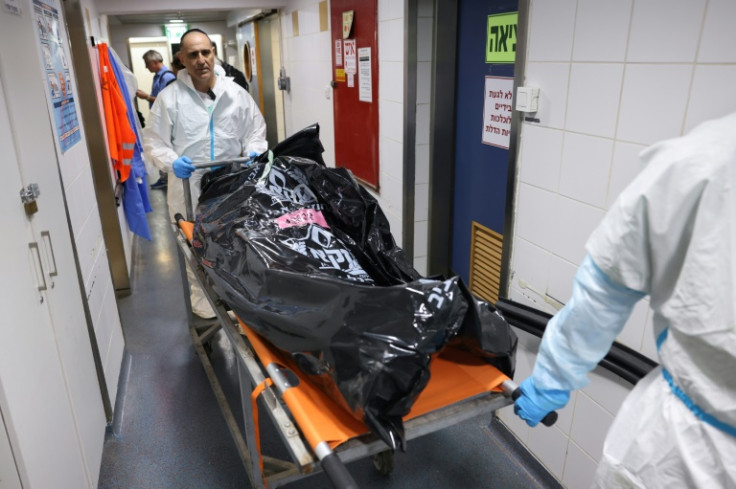
More than 1,400 people died when the Islamist militant group Hamas launched its devastating attack on Israel, which has traumatised and enraged the nation and plunged it into a new war.
Hamas has celebrated the attack while denying committing abuses and torture.
Israel has launched a devastating bombing campaign that has reduced vast parts of the Gaza Strip to rubble and killed at least 2,700 people. It has besieged the crowded enclave ahead of a looming ground invasion.
At the forensics centre in Tel Aviv, the bodies lie on trolley stretchers, wrapped in thick black plastic bags, each marked with a number. Some are just infants.
Most of the volunteers wheeling them through the halls are male Orthodox Jews whose faith dictates that a body must be buried whole.
Israelis have struggled to find words for the scale of the attack on towns, kibbutzim and a music festival, calling it "Israel's 9/11" and comparing its savagery to that of the Islamic State group.
Kugel pointed at a tangle of bones and shreds of flesh held together by an electrical cable that was caked in molten plastic.
"On the scanner," he explained, "we clearly see two spinal columns. That of a man or a woman, and that of a child.
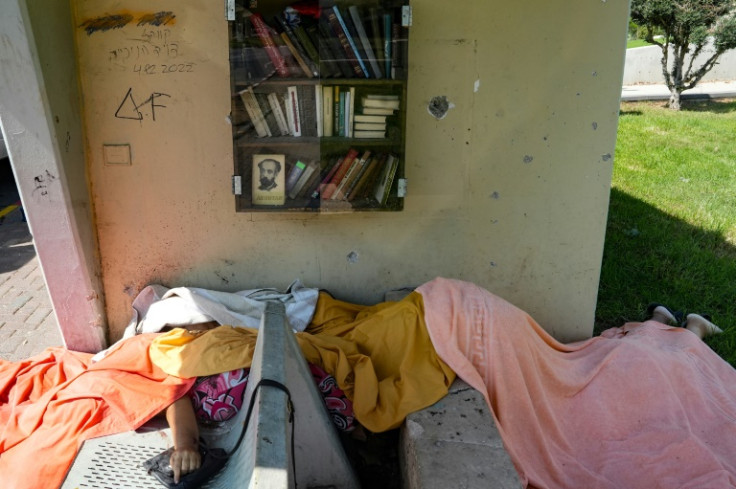
"The posture of the two bodies shows that the adult tried to protect the child. They were tied up then burned alive."
As he spoke, more bodies were being unloaded from a truck, with other vehicles waiting in the car park outside.
Nurit Boublil, head of the genetic identification unit, said more than 500 bodies had been identified out of the hundreds brought to the centre since October 7.
"Everything is made more difficult by the fact that often those who were tortured were tied together," Boublil said. "It is therefore possible that in a single bag there are two bodies or even three."
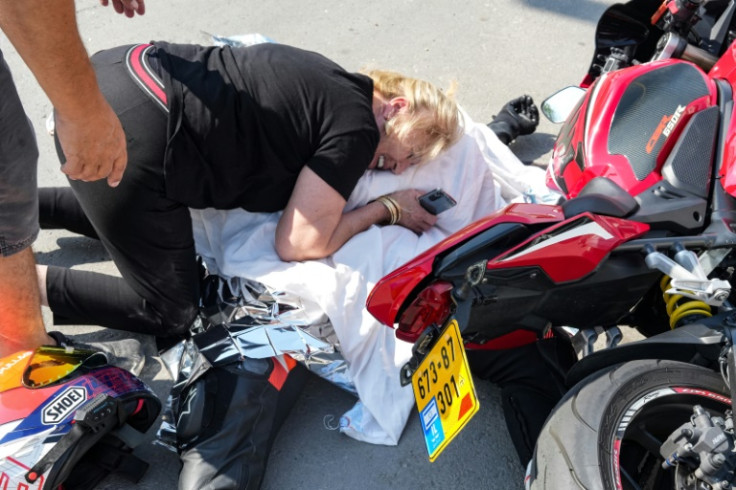
"I've been doing this job for 31 years," Kugel said. "I've never seen such barbarity, such cruelty, such relentlessness. It's just atrocious."
The institute has seven forensic doctors, an anthropologist, a radiologist and eight geneticists, now assisted by about 30 volunteers.
Some victims had their hands pierced by blades or projectiles, suggesting hand-to-hand struggles.
"We don't know how many babies died, or how many elderly people," said Kugel.
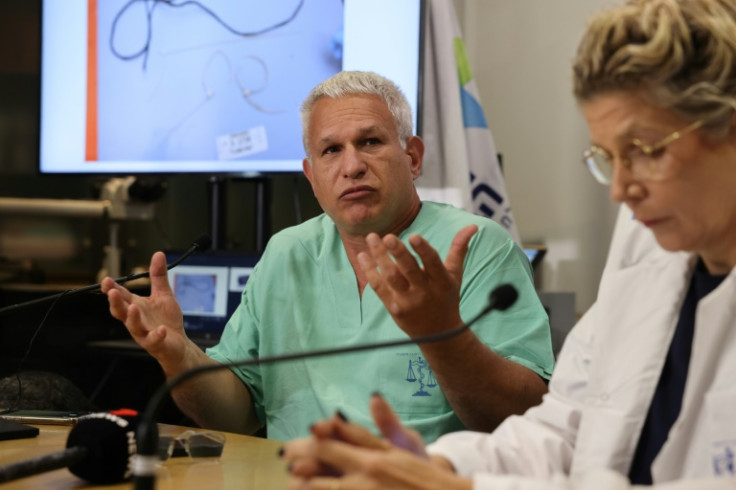
"There are also a lot of headless bodies. It will take a little more time to identify everyone."
Similar work has been ongoing at four other sites in Israel.
One of them is the Shura military base near the central town of Ramla, where refrigerated containers are lined up, each holding up to 50 bodies.
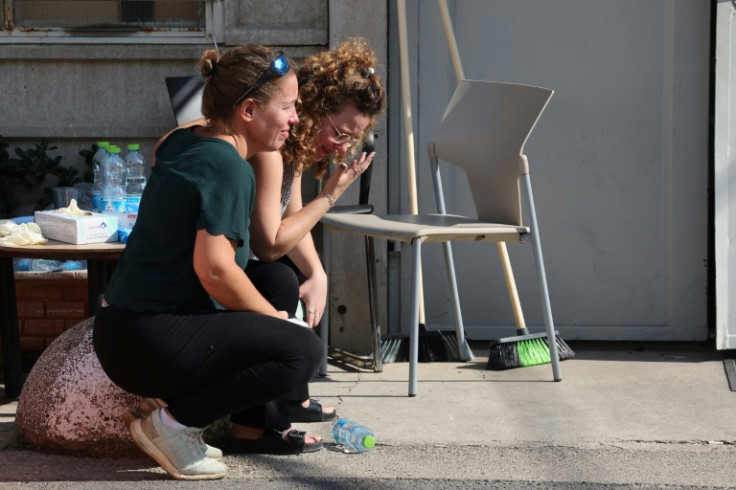
One of the team leaders, Rabbi Israel Weiss, a former chief military rabbi who came out of retirement to take part in the harrowing work, showed the site to a group of journalists.
"I open the door to the cooling containers, I see the bodies, I smell the odour," said the rabbi. "I let it fill my lungs and my heart, but what I feel is their pain and the loss."
Doctors, dentists, forensic experts and volunteers have been working around the clock as bodies have kept arriving.
Psychologists and social workers are on hand to speak to the staff at the end of each day.
Weiss and other staff said there were signs that many of the victims had been tortured or raped.
"Never in my life have I seen the horrors that lie behind us today," he said.
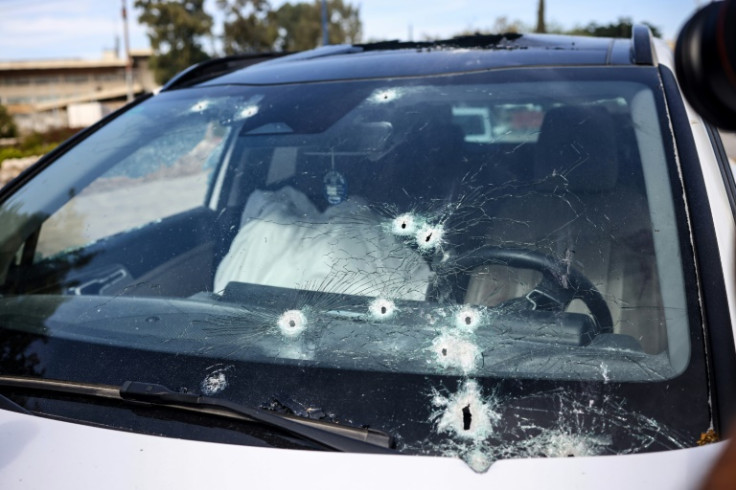
"I have seen babies, women and men beheaded. I have seen a pregnant woman with her belly torn open and the baby cut out.
"A lot of the women who were brought here were raped."
Senior Staff Sergeant Avigayil, who gave only a first name, told reporters there were indications some of the bodies had been booby-trapped.
"Nothing has prepared us for this," she said.
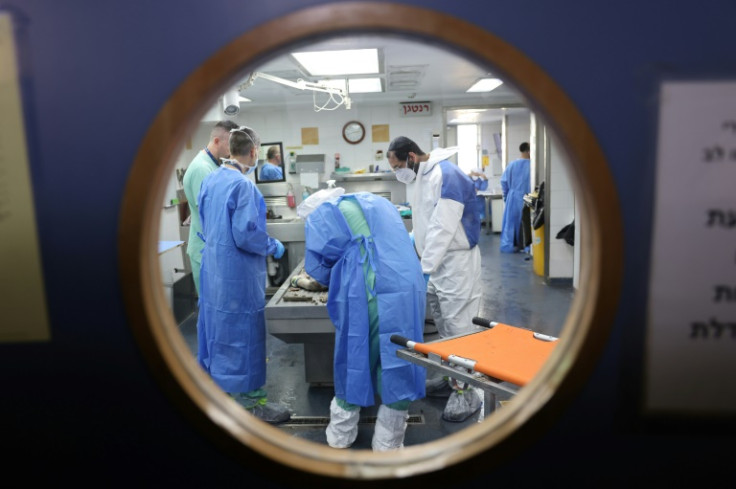
Captain Maayan, a dentist and reservist taking part in the identification, broke down in tears as she told of the harrowing process.
Maayan said one victim she had identified had been a patient at the Tel Aviv clinic where she works.
"We see horrific sights," she said, describing how, in their minds, "we hear the screams and the cries of the babies losing their parents".
© Copyright AFP 2025. All rights reserved.




















